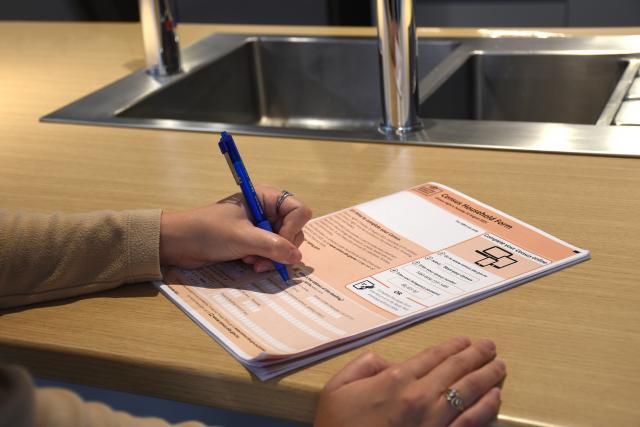The number of people in the Greater Geelong area with non-religious or secular beliefs has overtaken those with Christian beliefs for the first time.
The latest 2021 census data, released this week by the Australian Bureau of Statistics, shows that 44.38 percent of Geelong respondents are non-religious compared to 43.96 percent who believe in a Christian faith.
Geelong residents are significantly more secular than Victoria and the rest of the nation by a margin of five to six percent, and the data also reveals the population of Greater Geelong is becoming less religious and more secular at an even faster rate than the rest of the country.
Secularism in Geelong has risen over 10 percent from 34.09 percent of respondents in 2016, while the Victorian and national increases were seven and nine percent, respectively, through the same period.
John Perkins, president of the Secular Party of Australia (now a member of the Fusion Party), said that he was thrilled with what the new data reflected about Australians and their religious beliefs, or lack thereof.
“It definitely a cause for celebration, that people are finally seeing the light,” he said.
“A lot of times when there’s a crisis such as the pandemic, people turn to religion, but that doesn’t seem to be happening.
“I think people saw the value of science in their salvation rather than religion. I think that’s very important.
“In times of crisis you need to think rationally, logically. Our survival depends on it. So it’s gratifying that people are not turning to religion to solve the big issues we’re facing.”
Father James Clarke of St Mary’s Catholic church in Geelong said the data reflected the way Australians are both turning toward technology and away from institutions such as the church.
“We’re becoming something of a technocratic society,” he said.
“People seem to feel that their problems can be solved through technology, that technology is the great panacea for all social ills.
“The bulk of Australian society seems to be turning away from institutional church, and the church, as an institution, needs to look at what’s going on and how we can be more innovative.”
Fr Clarke said he believed there were a number of ways the Catholic church could increase its relevance in contemporary society.
“Ritual is still very important in the lives of people, people like to ritualise important moments in their lives,” he said.
“But I think, in the church we need to divest ourselves of some of the baggage. The sexual abuse crisis is an albatross around our neck that will never go away, nor should it; it’s something we need to face up to and help victims with.
“And in terms of the priesthood being celibate and male, I’m chairman of the National Council of Priests, and we’ve been talking to bishops about expanding what priesthood is, what the ministry is.
“We need to demonstrate that the church is a welcoming community, show what it’s here for and what we offer.”







